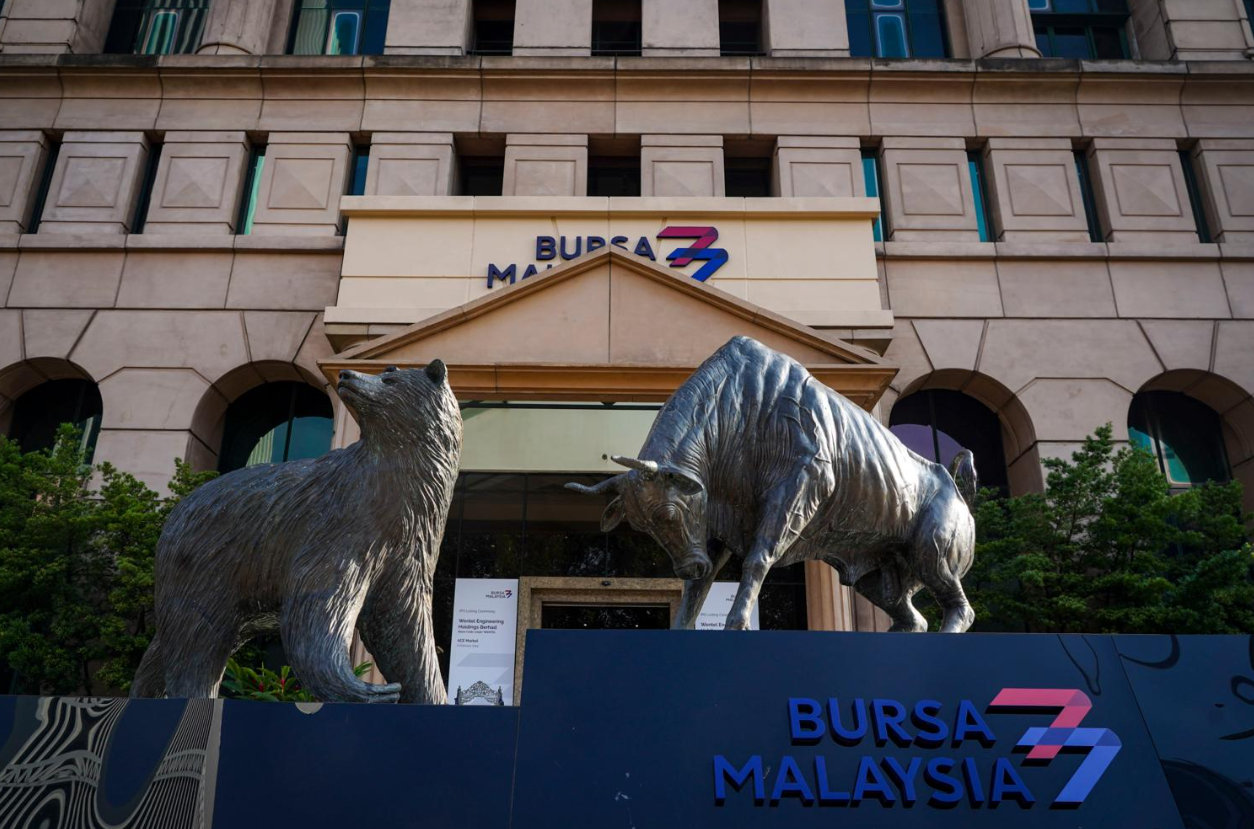Australian Prime Minister Anthony Albanese has dismissed concerns that his election spending promises could jeopardize the country’s prized AAA sovereign credit rating. His comments come after analysts at S&P Global warned that Australia’s public spending has reached “post-war highs,” raising alarms about the country’s financial stability if savings are not found.
As the country gears up for the May 3 election, both major parties have made significant spending promises, particularly focused on addressing the rising cost of living, a key issue for voters. Despite this, the S&P analysts warned that without addressing “larger, structural deficits,” and with increasing global economic volatility, Australia’s credit rating could be at risk.
Albanese Defends Record and Challenges Critics
In a statement to reporters on Tuesday morning, Albanese defended his Labor Party’s economic record, asserting that his government had been “responsible in economic management.” He emphasized that his administration had turned a $78 billion deficit into a $2 billion surplus, responding to concerns raised in the S&P report. “The Coalition left us with a $78 billion deficit. We turned that into a $2 billion surplus,” he said, expressing disbelief at the concerns raised by the rating agency.
Albanese’s comments sparked a response from Angus Taylor, the shadow treasurer, who criticized the Prime Minister for “mocking the ratings agency,” accusing him of not being fit to lead the country. The debate comes as both major political parties in Australia pledge billions of dollars in new spending to ease financial pressures on citizens. The commitments include promises for housing, healthcare, and energy support.
S&P Highlights Risks of Continued Deficits
Despite the strong political support for the spending pledges, S&P’s report noted that continuing to run large deficits, coupled with a volatile global economic environment, could undermine Australia’s AAA credit rating. A high sovereign credit rating, like Australia’s, means the country can borrow money at cheaper rates, offering greater economic flexibility.
At present, only 11 countries hold a AAA rating from S&P, including Australia, Germany, and Denmark, placing it in an elite group. However, in a broader commentary, Anthony Walker, one of the report’s authors, highlighted that neither of the main parties in the upcoming election appeared to be willing to raise taxes to fund their promises. “We are seeing tax cuts in the next 12 to 18 months from both parties,” Walker said. “The question for us is whether they will raise additional taxes, find internal savings, or continue to rely on debt to fund their plans.”
The debate is compounded by Albanese’s government announcing cost-cutting measures, including a $6.4 billion reduction in consultancy spending and an increase in student visa application fees, which are expected to generate an additional $760 million.
Author’s Opinion
While Albanese’s defense of his fiscal record is understandable, the ongoing promises of heavy spending without clear strategies for offsetting these costs could lead to real financial consequences. Balancing the immediate demands of voters with the long-term stability of the nation’s credit rating is critical, and the government’s focus should be on ensuring that such promises do not ultimately undermine the country’s economic resilience.










